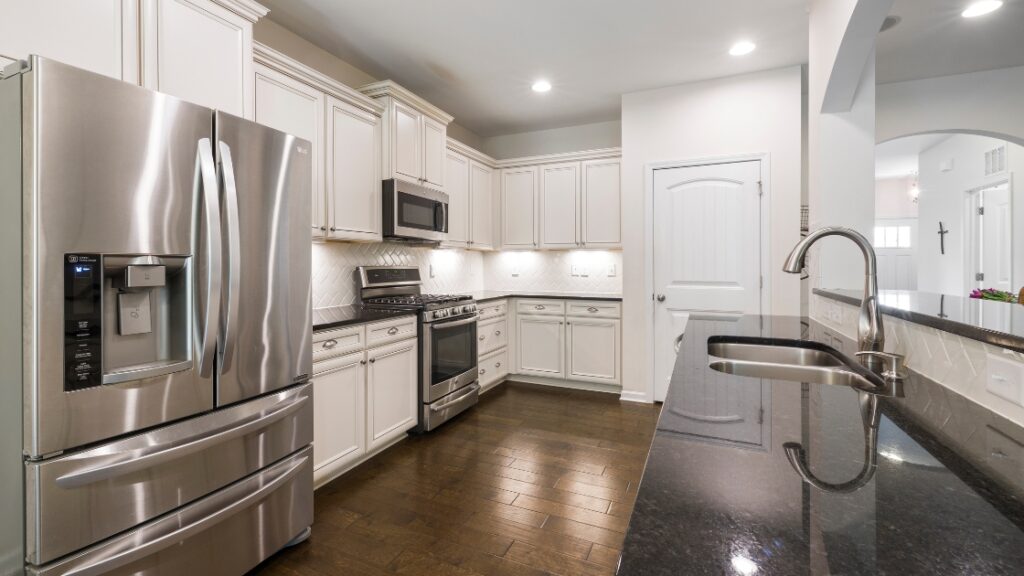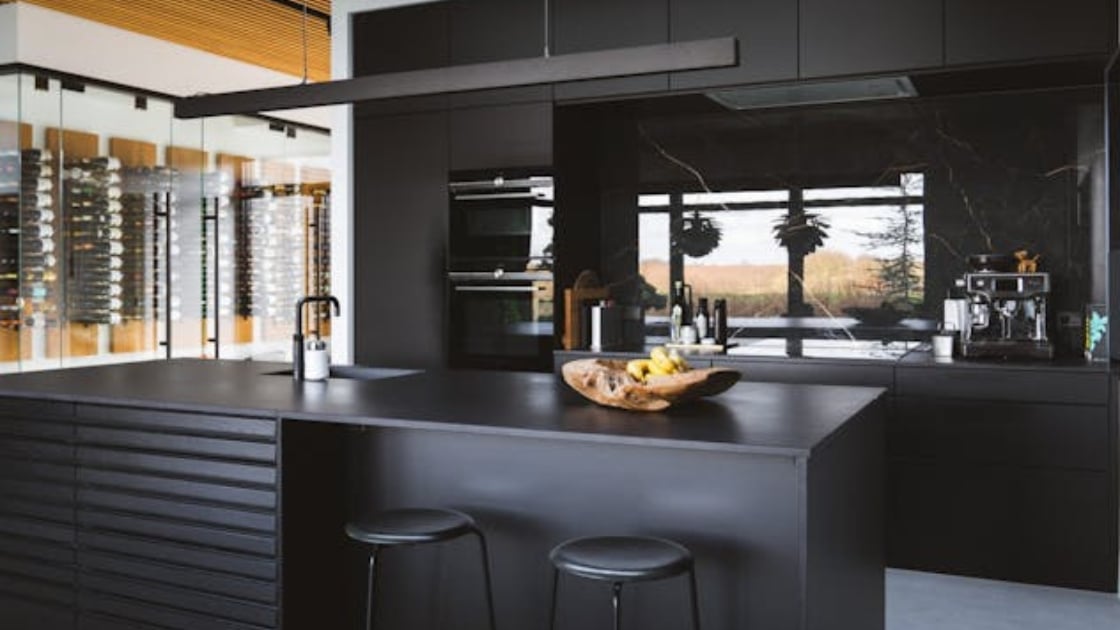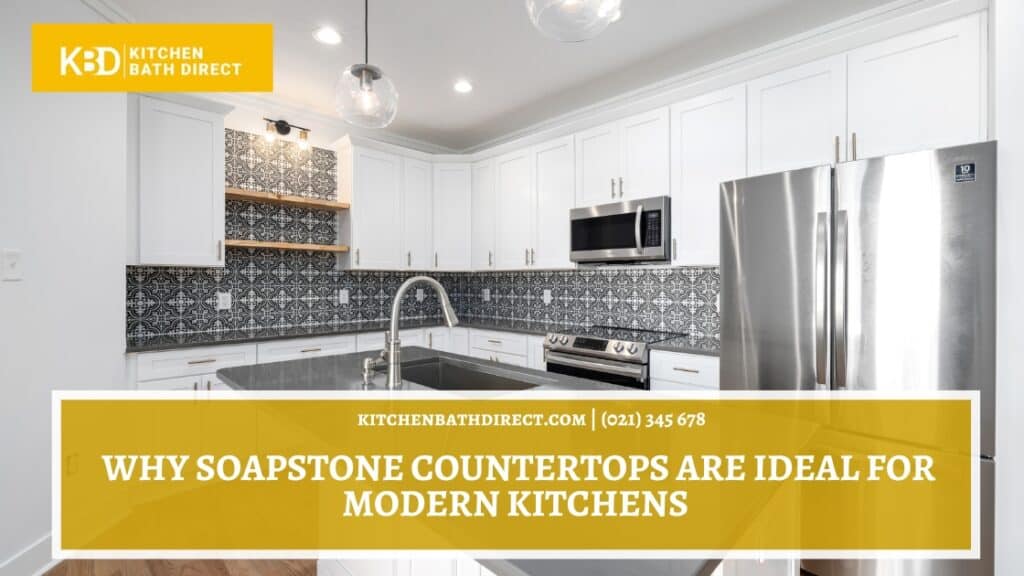Outline:
I. Understanding the Origin of Soapstone Countertops
II. Advantages and Benefits of Soapstone Countertop
III. Disadvantages of Soapstone Countertops
IV. Different Types of Soapstone Countertops
V. How to Choose the Right Soapstone Countertop
VI. Why Kitchen Bath Direct is the Best Solution
Modern kitchens are not complete without a beautiful, high-quality countertop such as soapstone countertops. If you are looking for an incredible natural stone option that will last for years with minimal maintenance, then these may be the perfect choice. With a variety of color and texture options, they offer homeowners a unique and timeless look for their kitchen design. In this article, we’ll discuss the origins of soapstone, the advantages and drawbacks of the material, differences between each type, and why Kitchen Bath Direct is the best source for finding the perfect soapstone countertop for your kitchen.

Understanding the Origin of Soapstone Countertops
Soapstone kitchen countertop is a natural stone made from a combination of talc, quartz, and other minerals. This combination provides a soft feel that can be easily carved and polished. Its history dates back to ancient times, when it was used for tools, jewelry, and other items. In more recent centuries, soapstone has been used for stovetops and countertops.
Advantages and Benefits of Soapstone Countertop
Soapstone countertops fabrications provide a unique yet classic look. Its color options range from mostly gray, charcoal, and black to more unique shades of greens and blues. One of the biggest advantages of soapstone is its durable and non-porous nature. This means that spills, stains, and bacteria won’t be able to penetrate the surface, allowing for easy cleaning and reduced bacteria growth. Furthermore, because soapstone is non-porous, it does not require any sealant or other type of protection.
In addition to its durability and non-porous properties, soapstone kitchen countertops are also heat, scratch, and chip resistant. The stone is also naturally resistant to temperature changes, which makes it an ideal choice for busy kitchens.
Disadvantages of Soapstone Countertops
While there are many advantages and benefits to soapstone countertops, there are also a few drawbacks. Soapstone is a softer material than other natural stones, which makes it more susceptible to scratches and chips. It is also an expensive material compared to other countertop options.
Different Types of Soapstone Countertops
Soapstone kitchen countertops come in a variety of different types, including:
-Traditional Soapstone – This type of soapstone is the most common and has a soft texture. It is ideal for traditional kitchens with warm colors.
-Antique Soapstone – This type of soapstone has a unique antique look that provides a unique and timeless look.
-Engineered Soapstone – Engineered soapstone is a combination of natural soapstone and resins, which makes it more durable than traditional soapstone.

How to Choose the Right Soapstone Countertop
When choosing the right soapstone countertop, consider the following factors:
-Budget – Determine how much you are willing to spend on your countertop.
-Design – Keep in mind the overall design of your kitchen when choosing the right color and texture of soapstone.
-Style – If you are looking for a traditional, classic look, then traditional soapstone might be the right choice for you. If you are looking for a more modern, unique look, then you should consider engineered soapstone.
Why Kitchen Bath Direct is the Best Solution
When it comes to finding the perfect soapstone countertop for your modern kitchen, Kitchen Bath Direct is the best solution. We have one of the largest selections of soapstone in the USA, with a variety of colors, textures, and styles to choose from. Whether you are replacing an outdated countertop or remodeling a kitchen, you can trust Kitchen Bath Direct to provide you with the best quality countertops for your home. Visit us at kitchenbathdirect.com to learn more about our selection of quality countertops.

